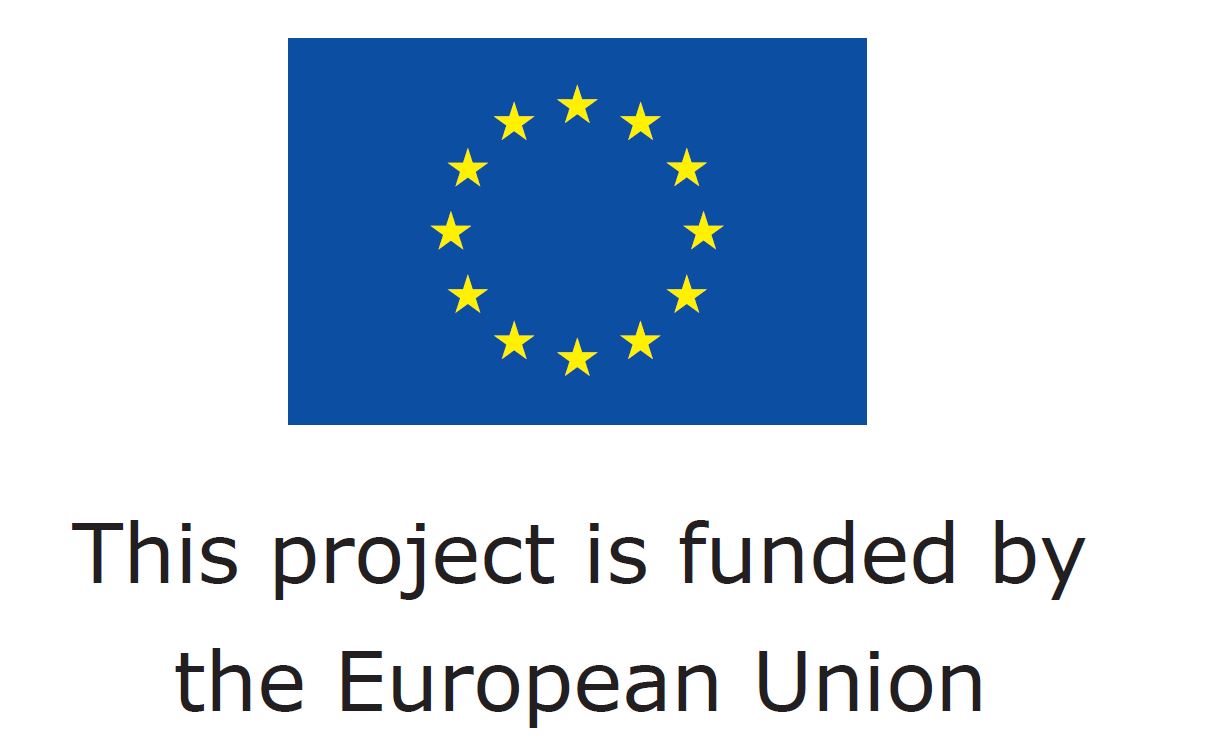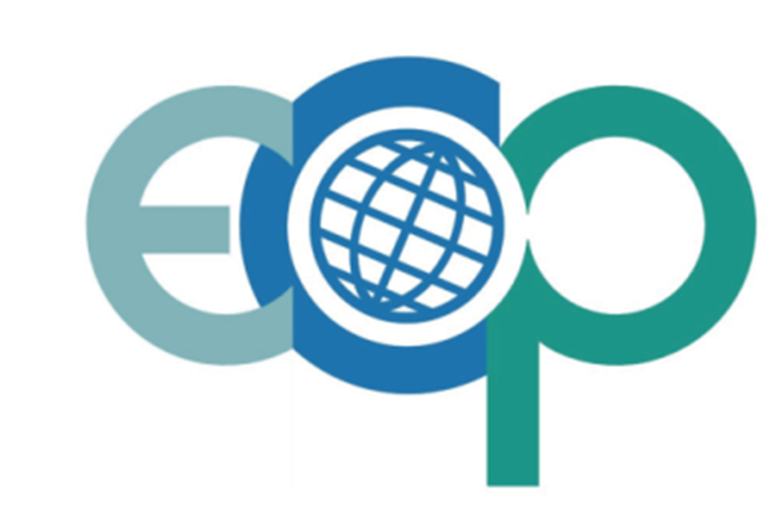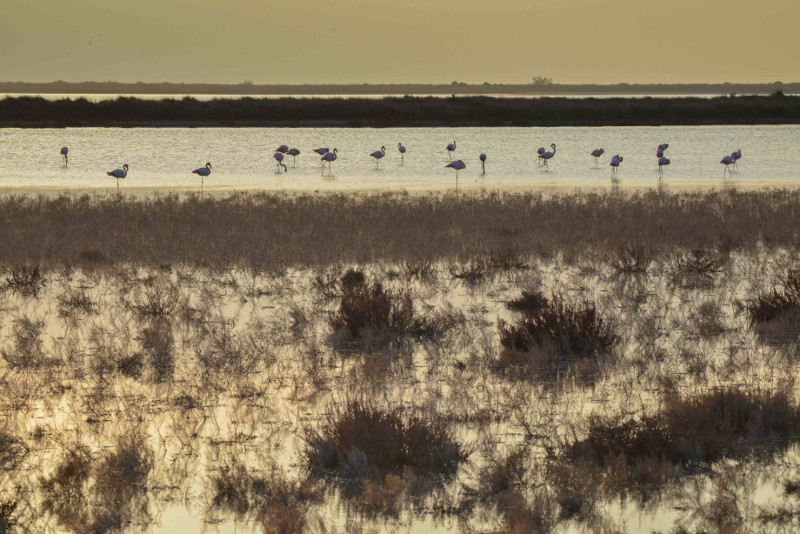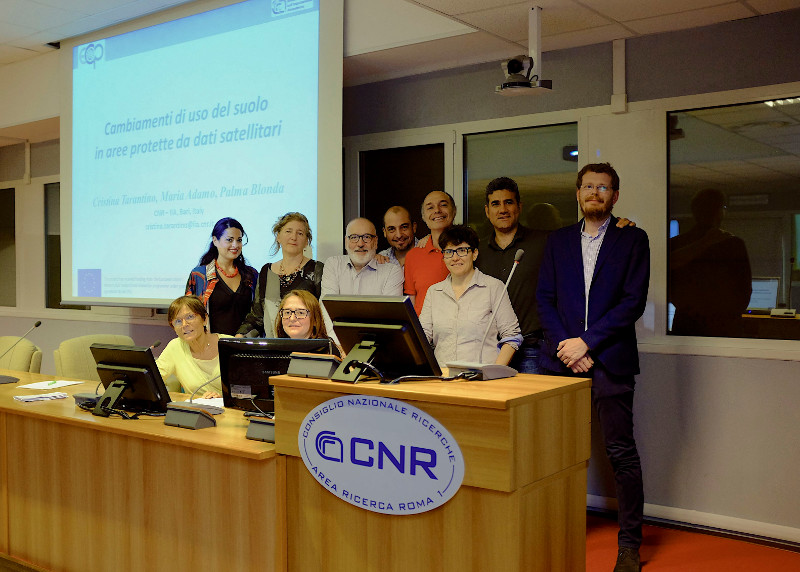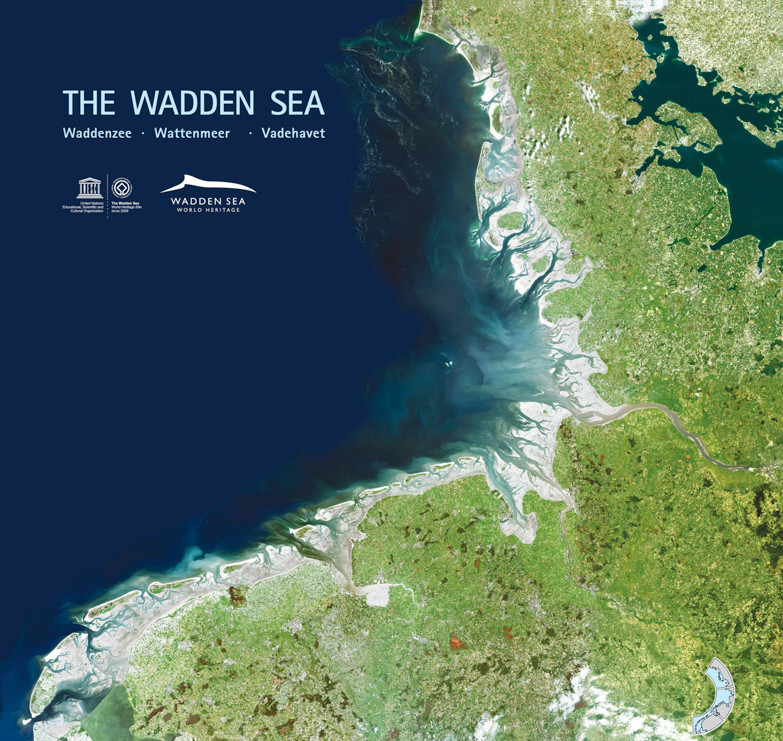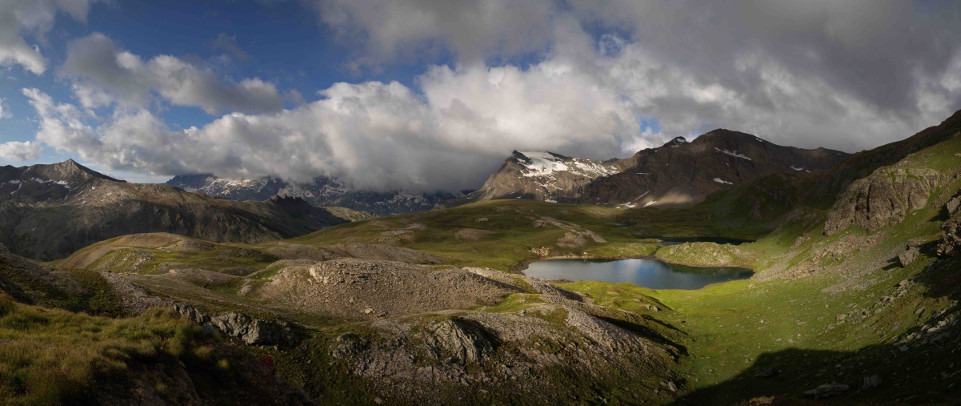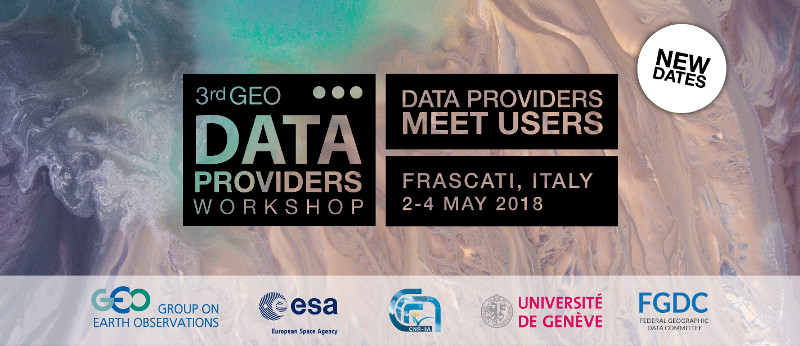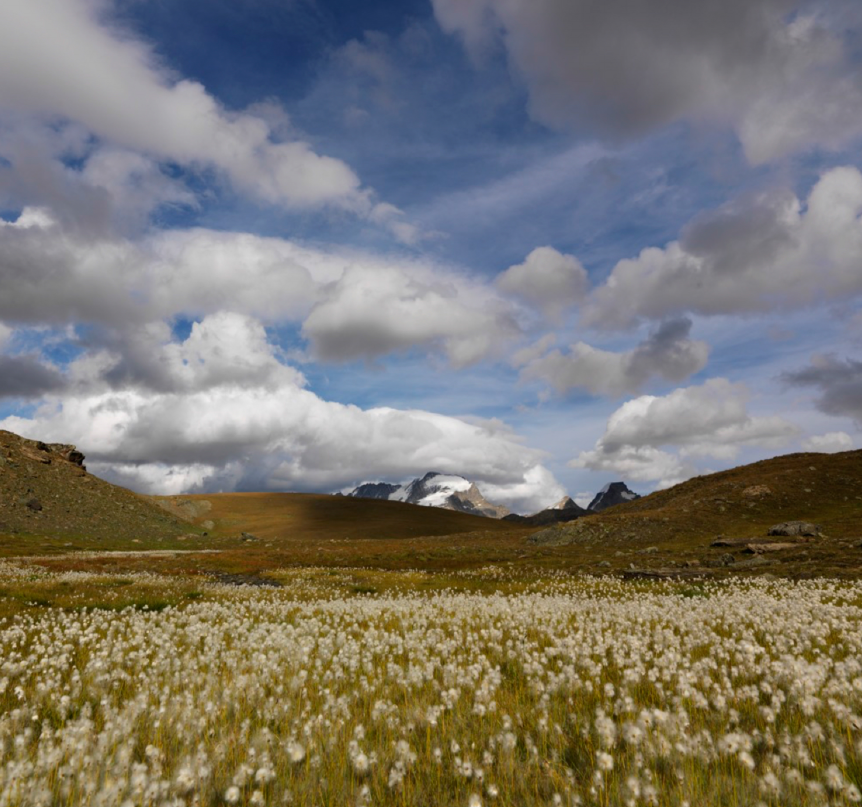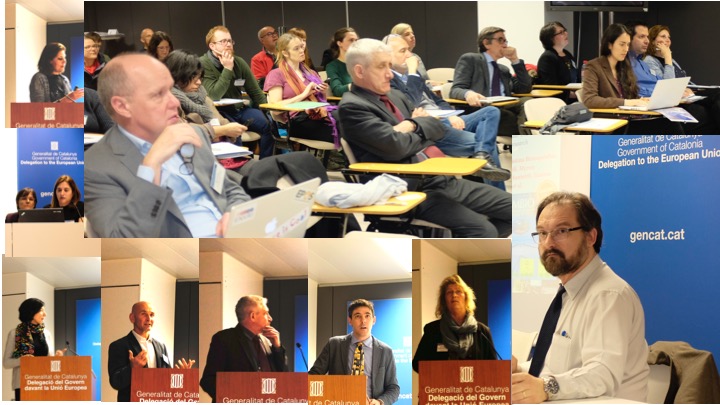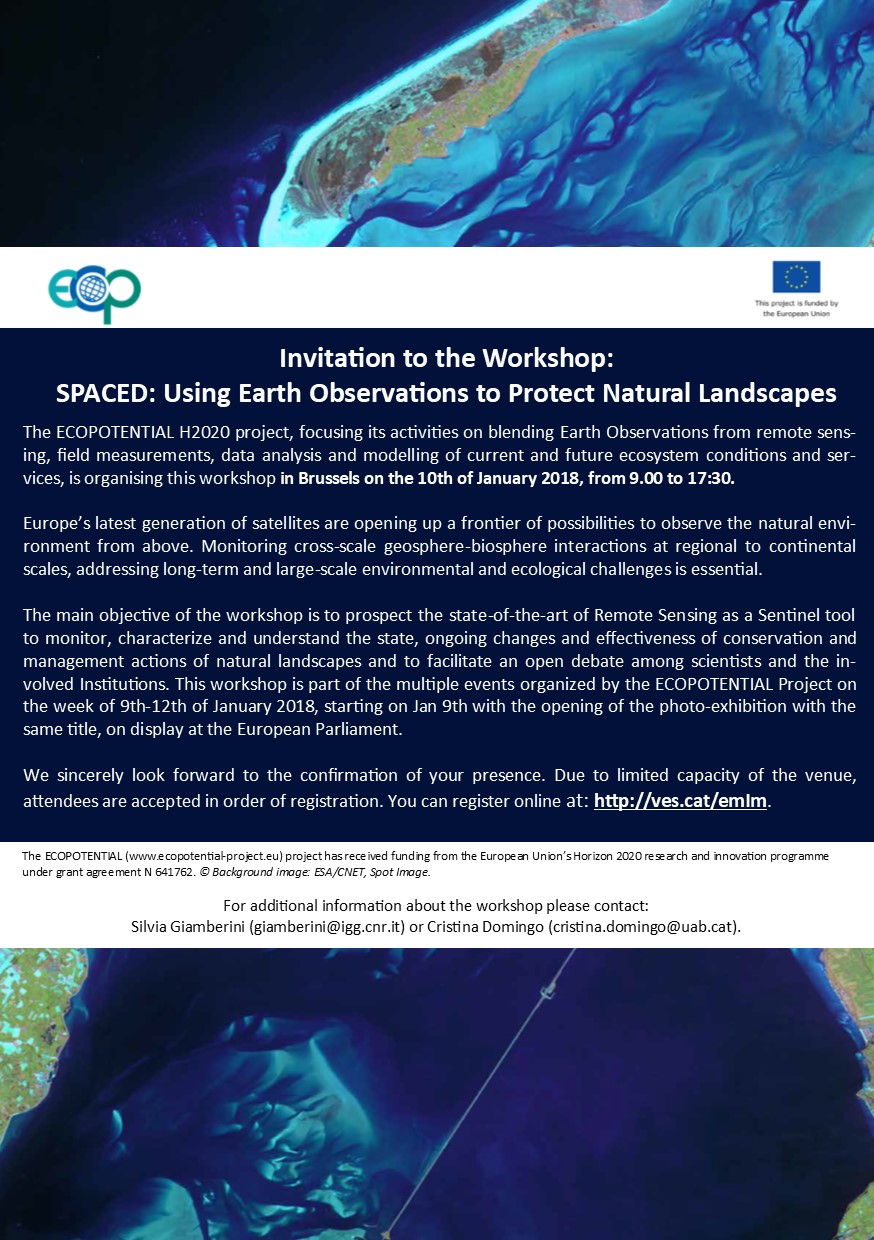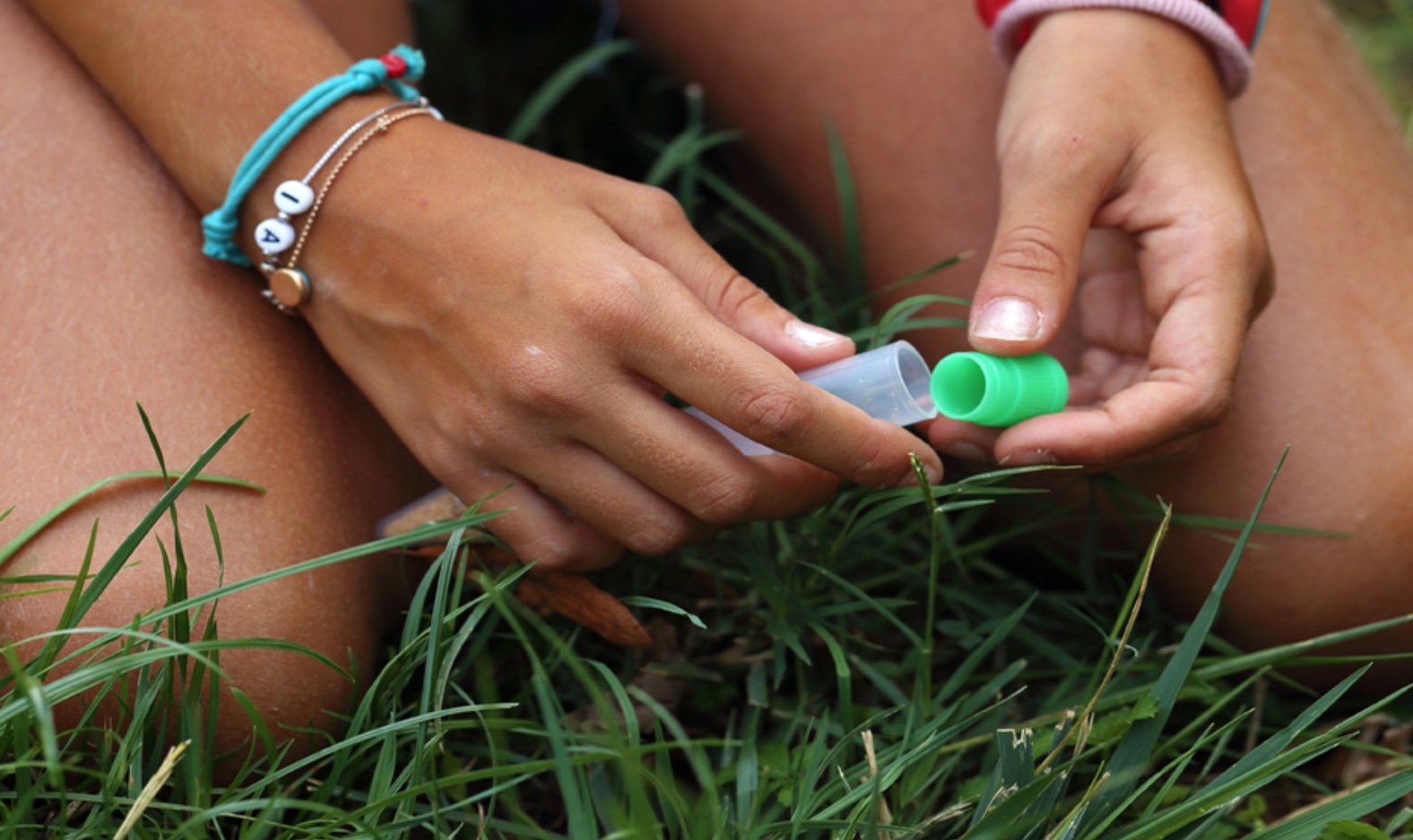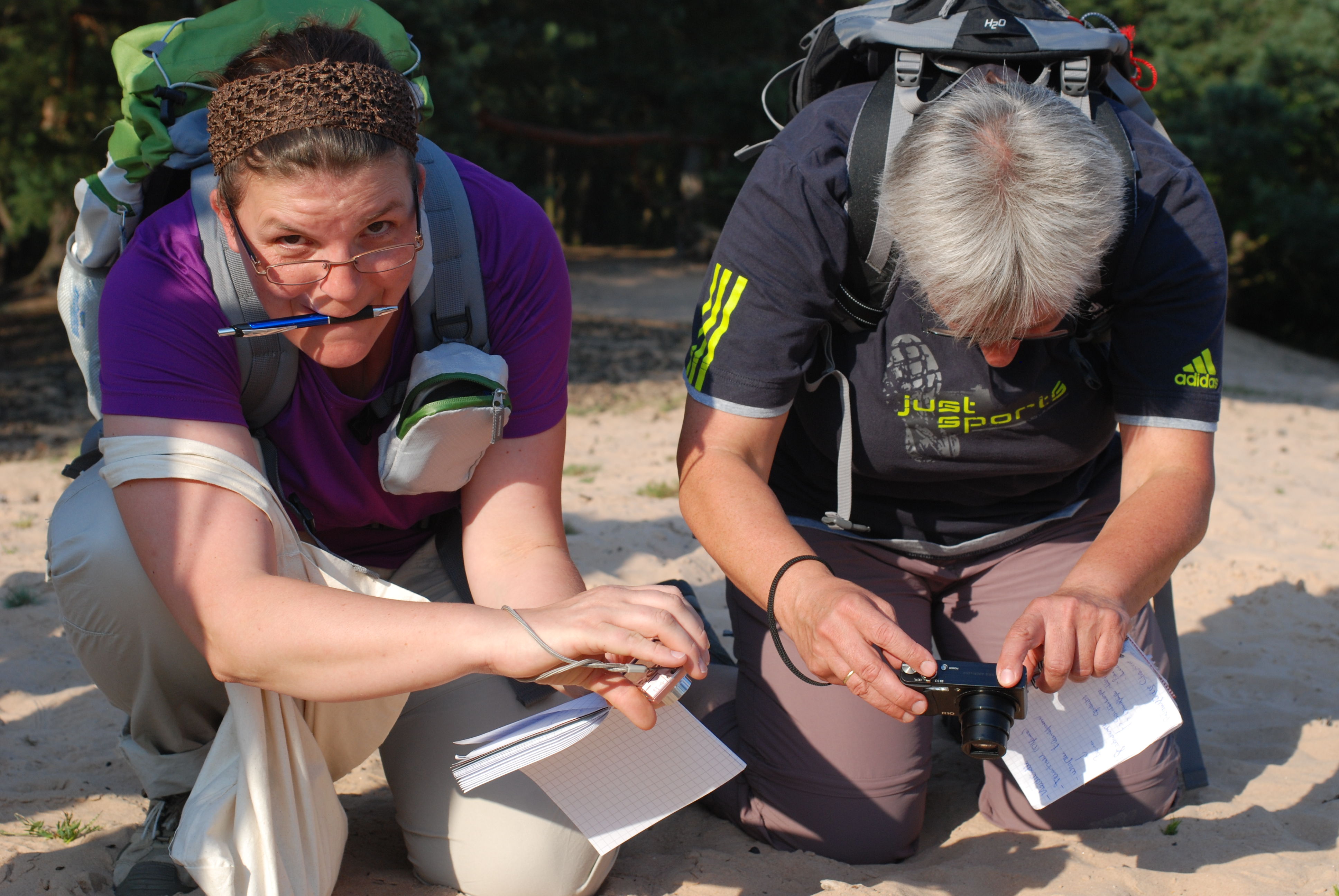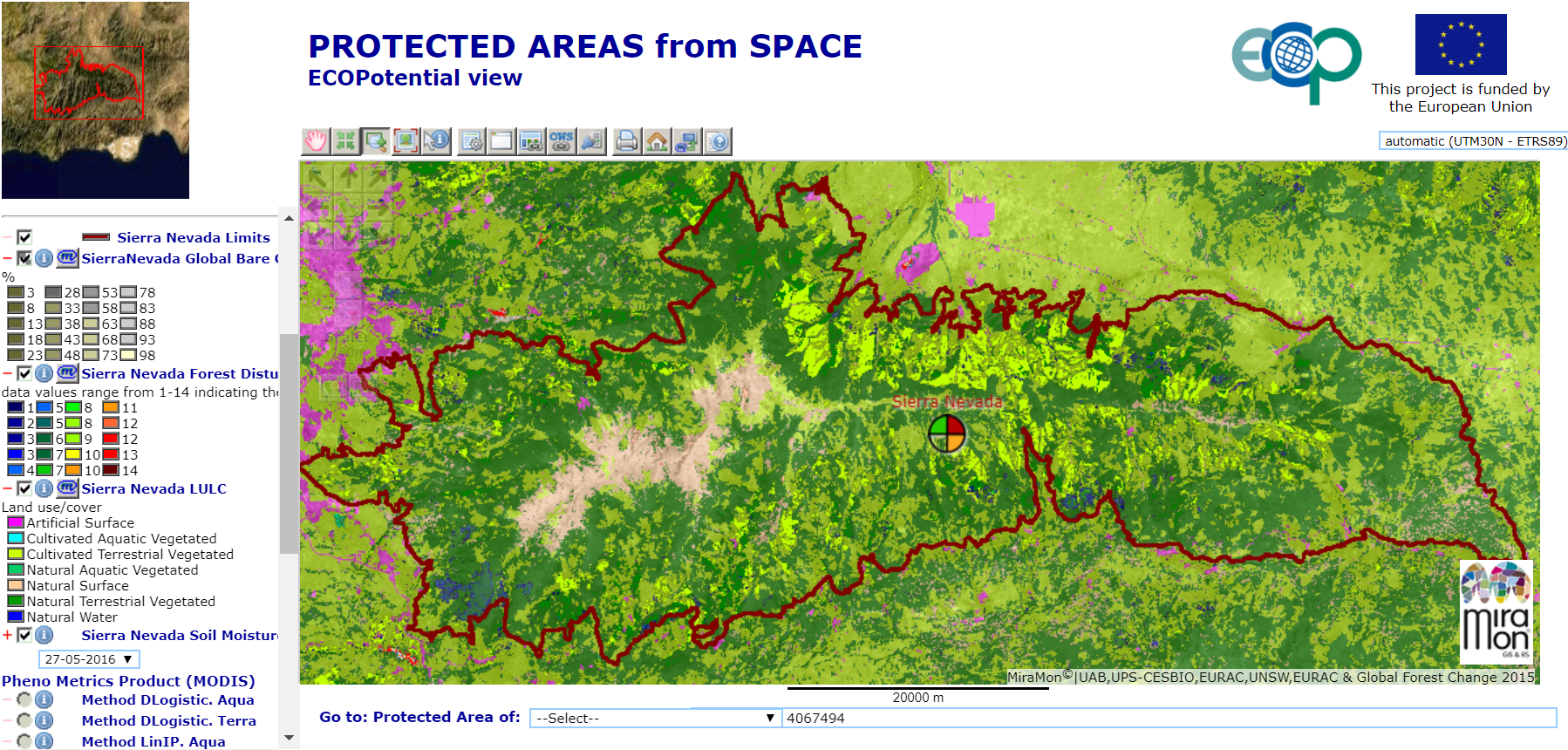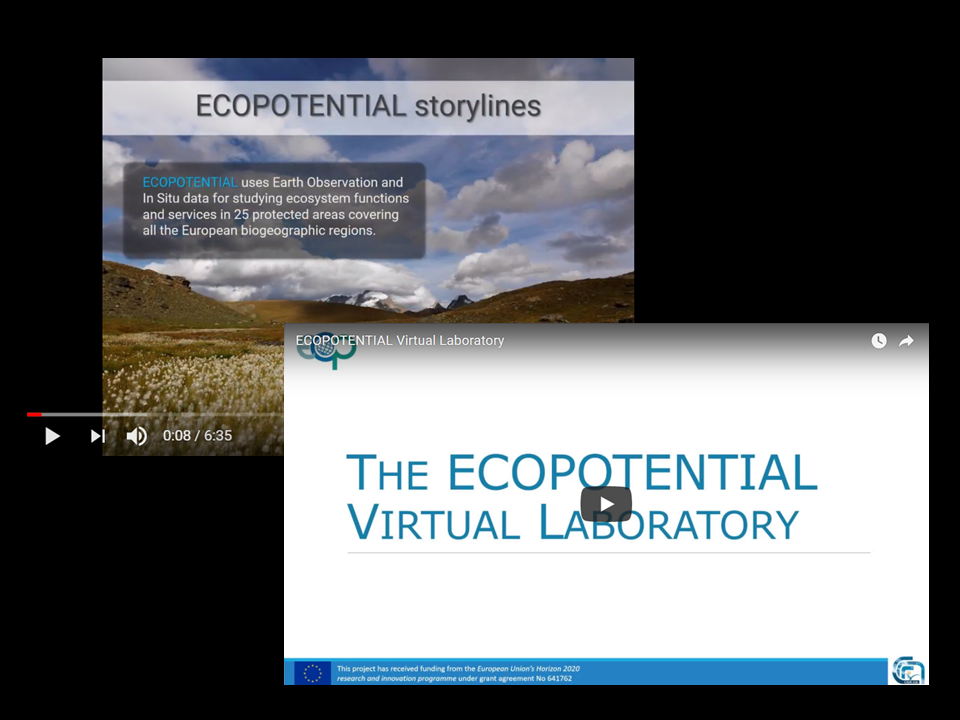
Earth observations for achieving the SDGs? ECOPOTENTIAL @ STI Forum 2018 – UN headquarters, NY.
Third annual Multi-stakeholder Forum on Science, Technology and Innovation for the Sustainable Development Goals (STI Forum 2018)
ECOPOTENTIAL and the twin project SWOS will be presented at the side event “Earth observations for achieving the SDGs” organized by the EU in the frame of the Multi-stakeholder Forum on Science, Technology and Innovation for the Sustainable Development Goals that will take place in New York on June 5-6 2018. (STI Forum 2018).
Aim of the event is to bring together key expertise from European funded research projects showing how technological changes in the field of EO are applied to achieve the SDGs. ECOPOTENTIAL will be presented by dr. Palma Blonda, senior researcher at the National Council of Research of Italy, internationally renowned expert in the use of Earth Observation Technologies and partner in ECOPOTENTIAL.
The programme of the events sees four invited talks from, Jack Metthey (European Commission), Apollonia Miola (Joint Research Centre), Kathrin Weise (Project lead SWOS) and the ECOPOTENTIAL representative Palma Blonda from CNR.
https://sustainabledevelopment.un.org/index.php?page=view&type=13&nr=2506&menu=1634

